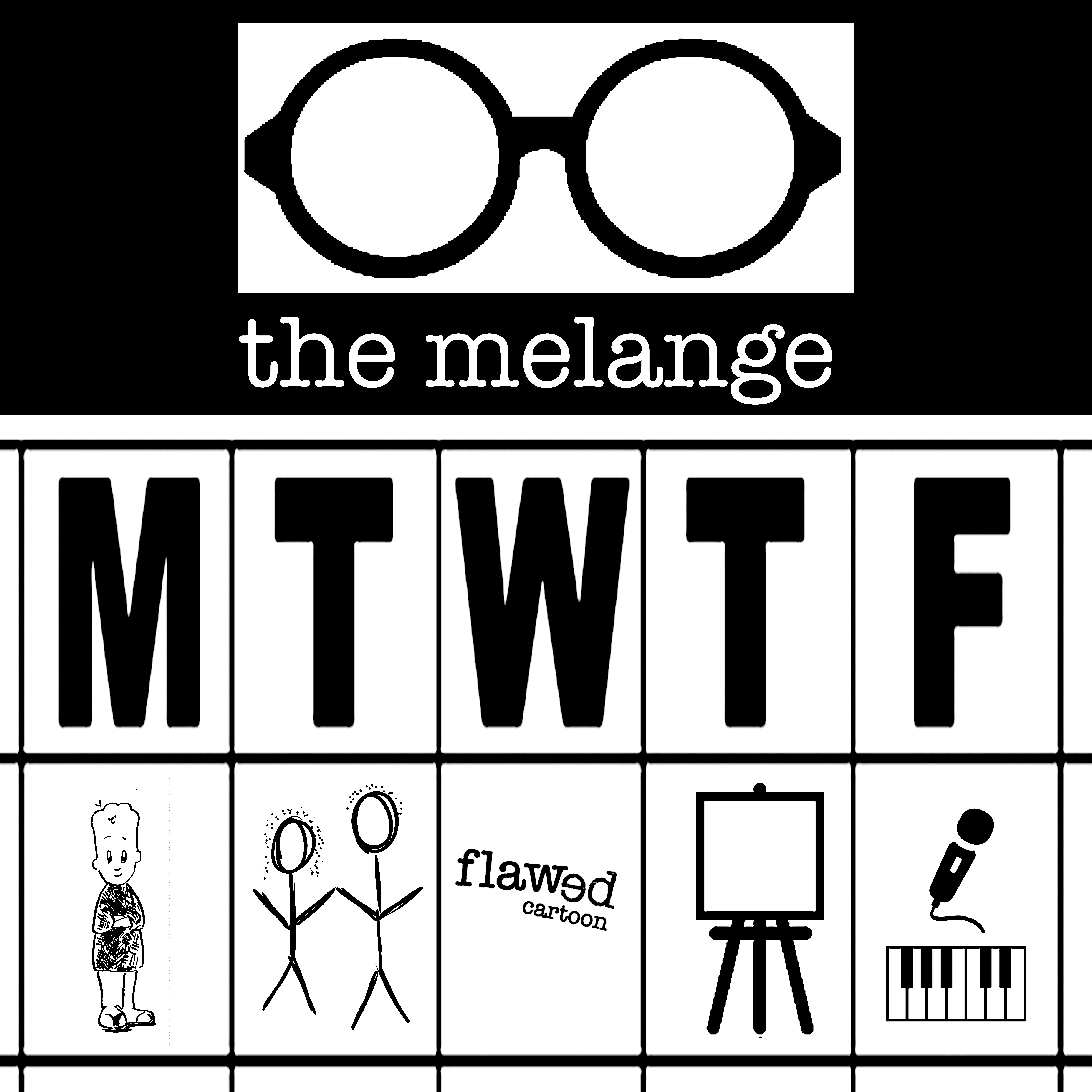I have just had a front row seat to a full-blown, hyper-antagonistic, years-long, classic case of attribution-bias-escalation. It was [and is] ugly. The ripples are rocking boats, eroding foundations, ending friendships. The damage is thorough and, as is always true, infinitely avoidable.
Attribution bias. Making the assumption that you KNOW why someone did or said something. Assigning your reason to their behavior.
Years ago, a red faced executive called me, the consultant, in and fumed, “She said THAT to demean me!” I paused and asked, “Do you really know why she said it? Have you asked her what was going on from her point of view?” His blank stare told me all I needed to know. He would rather demonize her, be offended by her, than communicate with her. We sat down, drank a cup of coffee and decided that, rather than fume and escalate, rather than simmer in a victim-stew, he had at his disposal a better path. Communicate rather than assume, ask questions rather than blame, poison the well, and indulge in being offended.
It always amazes me how unconscious and/or resistant folks are to challenging their attributions. How eager they are to spin hard narratives and create vicious persecutors. How invested they become at being offended or otherwise insulted en route to being ‘right.’ It is monster-creation. It provides nothing more than a reason to draw a sword.
We do it so fast. Assume we know. And, once the attribution is made, we hold onto it as if it were gospel. It is easier to believe we know-all-things than it is to step out of the yummy-victim-archetype and ask a few simple questions, confess a few honest vulnerabilities. It is easier, more tasty, to take offense than it is to give consideration. Blame provides a great reason to never ask a question. Being ‘right’ is a hard stop to all inquiry.
In the canon of unconscious bias, attribution is one of the most-oft-used routes to really effective miscommunication. It makes mountains out of molehills. It makes muck from otherwise good working relationships. It savages careers. It makes vice presidents run to the phone and call consultants. It makes councils meet in secret and vote without investigation. It makes revenge a serious pursuit of otherwise grown-up adults. It makes weak leaders run for the basement and hide. It makes new-contract-creation and other tit-for-tat flexing a less-than-fun game of control. No one wins. No questions asked. It makes a hammer the only tool in the tool kit.
A few breaths to simmer down, the suspension of a snap-assumption, an honest “can I talk to you” conversation that comes with no blame and a wee-bit of vulnerability…could make a minor miscommunication remain minor. It could save all manner of hurt feelings, ill intention, relationship destruction, HR costs, separation agreements, litigation…all unnecessary wreckage that might have been avoided with an assumption-made-conscious, an attribution challenged. A simple word or phrase can usually be explained, “You took a bullet meant for someone else, I’m sorry.” Mountains return to molehills when we are willing to turn from our hyper-active-attribution-bias (“I’m right and I know it!”) and ask, “I’m not sure what just happened here. Will you help me understand?”
read Kerri’s blog post about ESCALATION
Filed under: KS Friday, Language, Pattern, Perspective, Story, Uncategorized | Tagged: assumption, attribution bias, business is business, control, control games, conversation, david robinson, davidrobinsoncreative.com, escalation, Kerri Sherwood, kerri sherwood itunes, kerrianddavid.com, kerrisherwood.com, mismanagement, monster creation, questions, relationship, righteousness, unconscious bias, vulnerability |









Leave a comment